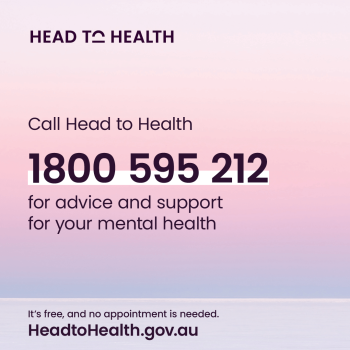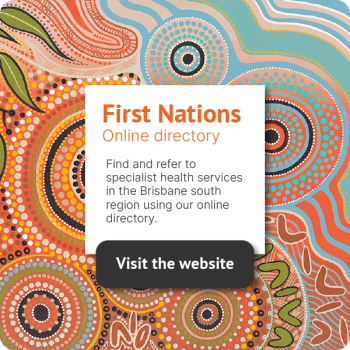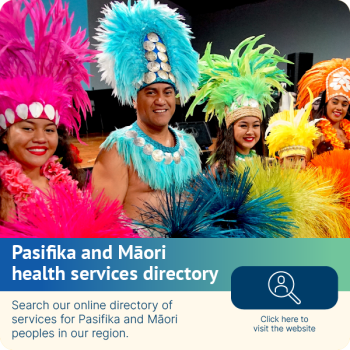Domestic and family violence
Domestic and Family Violence Local Link
Brisbane South PHN has rolled out the Domestic and Family Violence (DFV) Local Link across the Brisbane south region to support general practices to respond to domestic and family violence.
The DFV Local Link service, a one-point-of-referral service for patients affected by DFV. The DFV Local Link is a specialist DFV worker who provides advice and support to enable general practice staff to better recognise the signs of domestic violence and respond supportively to disclosures. The DFV Local Link connects patients to appropriate supports and services that can open a pathway to safety, and connects general practice staff to support for debriefing and compassion fatigue.
DFV Local Link Coordinators can also support practices to implement organisational level measures to help your staff to safely and effectively support patients affected by domestic and family violence.
Find a DFV Local Link
DFV Local Link is currently available to general practices in the Brisbane south region (Redlands, Logan, Beaudesert/Jimboomba and Brisbane areas). You can find out more about available services or arrange a visit to your practice by contacting your DFV Local Link Coordinator.
For practices in Redlands and Logan
For practices in Brisbane South
For practices in Beaudesert and Jimboomba
More information
Domestic and family violence training for general practices
Through the Recognise Respond Refer (RRR) Program, Brisbane South PHN delivers RACGP-accredited training that explores practical ways to support patients affected by DFV. It has been developed by DFV specialists in collaboration with GPs and DFV survivors, and is delivered free-of-charge in practices. It encourages a ‘whole of practice approach’ to build the capability and confidence of health care professionals to support those affected by DFV.
The training is currently offered to general practices in the Brisbane south region (Logan, Redlands,Beaudesert/Jimboomba, Brisbane South areas). Contact your local trainer with the details below for more information or to book training for your practice.
Local Link Trainer (Logan, Beaudesert, Redlands)
Hannah
Mobile: 0436 355 720
Email: hannahm@centreforwomen.org.au
Primary Health DFV Education and Engagement Worker (Brisbane South)
Joanna
Mobile: 0417 809 296
Email: joanna.klieve-longman@micahprojects.org.au
Community of Practice – Support for general practitioners
The RRR Community of Practice brings together GPs with an interest in responding to DFV to support one another, facilitate case discussions, and learn more about help available for their patients. The Community of Practice is facilitated by RRR GP Clinical Advisor, Dr Johanna Lynch, a trauma-informed GP Psychotherapist.
To express interest in joining the Community of Practice, contact the Program Coordinator on the link below, or look for sessions being advertised on the Brisbane South PHN Education Calendar.
Contact us
To register your interest in the RRR program or to get further information, please contact the Program Manager.
Domestic and family violence resources
RACGP guidelines
SpotOnHealth HealthPathways
Access the Portal (Search: Domestic and Family Violence)
COVID-19 and domestic and family violence
Domestic and family violence information sharing
Non-lethal strangulation in domestic and family violence




